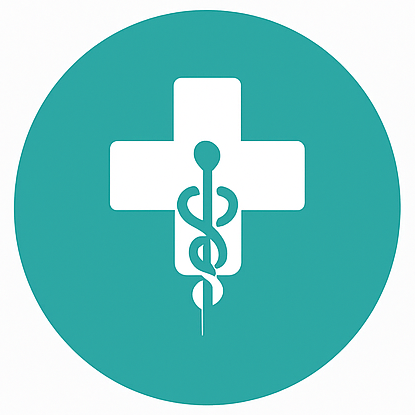The NCLEX-RN (National Council Licensure Examination for Registered Nurses) is a standardized exam that aspiring registered nurses must pass to obtain licensure in the United States and Canada. Developed by the National Council of State Boards of Nursing (NCSBN), the NCLEX-RN assesses whether a candidate is ready to begin practicing as an entry-level nurse. The exam tests critical thinking, clinical judgment, and the ability to apply knowledge to real-world nursing scenarios, rather than simply memorizing facts.
The NCLEX-RN uses a computerized adaptive testing (CAT) format, which adjusts the difficulty of questions based on your performance. It includes questions from four major categories: Safe and Effective Care Environment, Health Promotion and Maintenance, Psychosocial Integrity, and Physiological Integrity. The number of questions can range from 85 to 150, and the exam must be completed within 5 hours, including breaks.
Given the exam’s high-stakes nature and emphasis on application over recall, preparation is crucial. Successful candidates typically study over several months using practice questions, full-length tests, and targeted content review. A strong NCLEX-RN performance is not just about passing—it's about entering the nursing profession with confidence and readiness to provide safe, effective care to patients.



